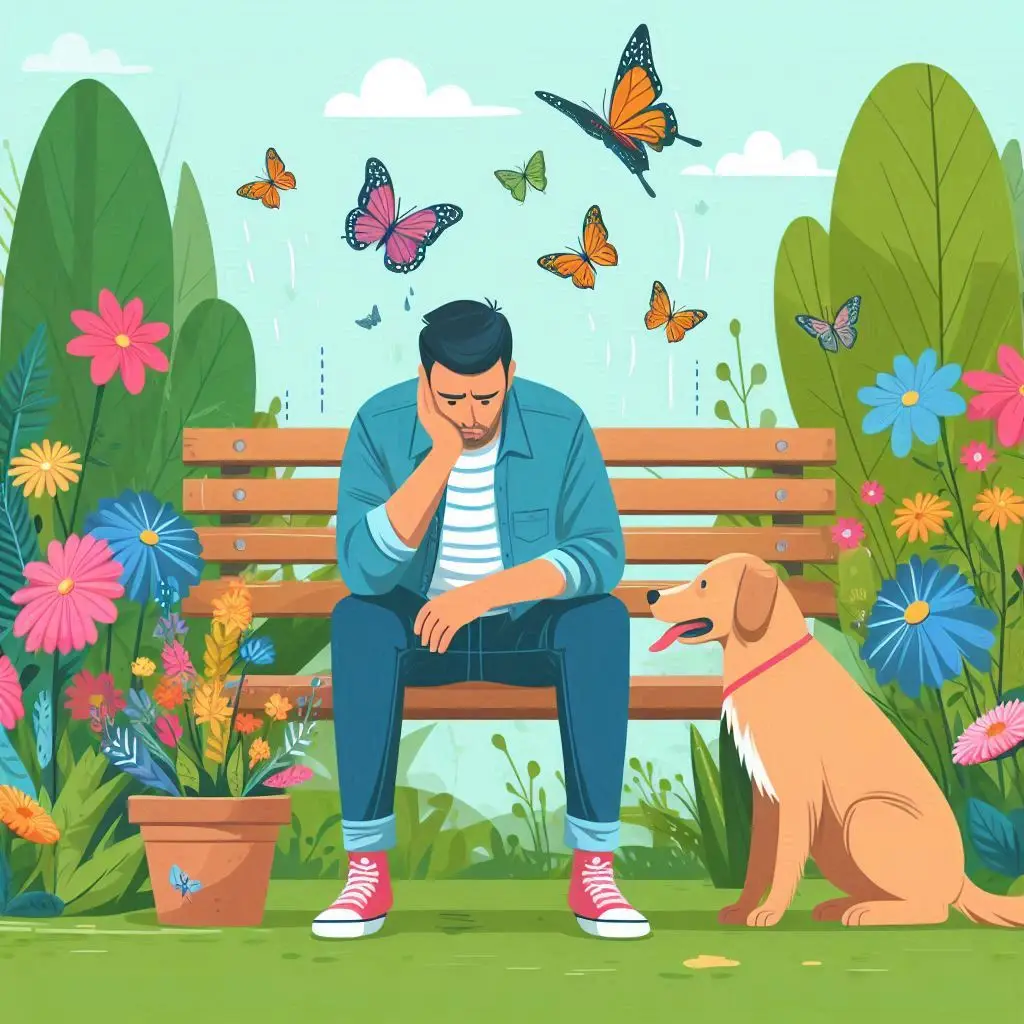A few years ago, I had the privilege to live and work in the world’s financial capital: New York City. A place of dreams, and lights, a huge cosmopolitan of truly global proportions that gathers from the utmost ends of the earth. Not only is every global citizenship likely present in the big apple, what I experienced also confirmed that all of life’s strata are there too. Of Course i was bewildered, why there were homeless people on the Subway, and others hankered on long form cardboard between skyscraper alleys.
Each of these people had a story for how they got there. For most, their mental health took a significant hit when some other part of their life was jolted out of comfort or familiarity. Depression and anxiety are estimated to cost the global economy US $1 trillion each year driven predominantly by lost productivity. People living with severe mental health conditions are largely excluded from work despite participation in economic activities being important for recovery.
Closer to home, I have had the privilege of working with refugees. We tend to think of services that displaced people need: food, shelter, medicines, maybe even playgrounds. But what about services that are not of this physical nature? When a person is displaced, it’s not just their physical needs that are disrupted. Their psychological safety is also tampered with. For many women, separation from spouses, family and children can greatly affect their mental health. For many men, losing a sense of duty in providing and protecting for family and loved ones can wreak havoc in the mind. For young people, losing a sense of identity, and not having a clear path to life and how to make most of it can breed significant levels of anxiety. This is to speak nothing of the trauma of war, violent forms of death, among others.
As we continue to expand the work we do with refugees, we now have an opportunity to unpack mental health – to create channels where those out of immediate physical danger can begin to acknowledge mental challenges and seek help. How might we use technology to support this? How might refugees, with no digital access receive mental health services in areas where there are no physical centers?
How can we overcome the stigma associated with seeking help for mental health challenges? Is an anonymized web page sufficient? A random whatsapp group or number? How do people seeking help feel about their identity and their immediate community knowing that they grapple with mental health challenges?
And how might we serve the whole community, more than refugees. I ask this because twice in my life, I’ve lived through 2 significant bouts of mental health, occasioned by tragedy and betrayal – and in both cases, to even get myself to admit this, let alone show up to my family and friends in a weak position was the biggest challenge. I hope to bring my lived experiences to this work, and I hope that we can partner to design an inclusive and comprehensive solution to mental health, in the communities we serve.
Some resources:

